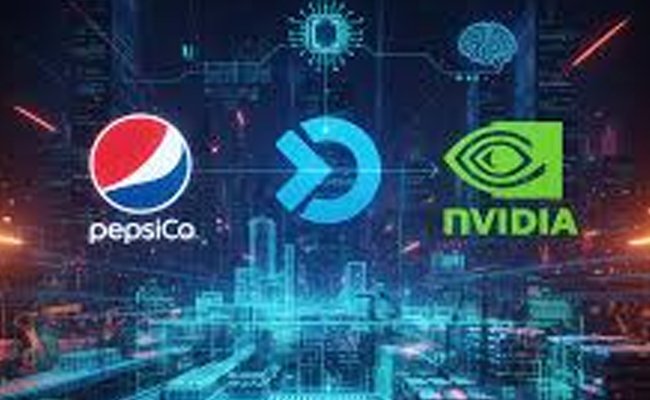Anand Ruhela, Head – IT, SGT University
Enterprises today are navigating a wave of technological evolution that is reshaping their operations and competitive landscape. From Generative AI, hyperautomation, and autonomous operations to cloud evolution, edge computing, and cybersecurity mesh architecture (CSMA), organizations are investing in advanced capabilities to unlock agility and resilience.
Technologies like sustainable IT, digital twins, quantum readiness, industry cloud platforms, composable architecture, and human-tech collaboration are no longer experimental—they’re forming the foundation of the modern digital enterprise.
Fostering a Security-First Culture in the Hybrid Era
As enterprises embrace digital innovation, fostering a security-first culture is imperative. Security is no longer confined to the IT department—it requires active participation from every employee. Organizations are investing in role-based training, phishing simulations, and well-defined reporting mechanisms to instill cyber hygiene across teams.
Security Ambassador Programs and gamified learning are helping employees stay engaged and informed. Leadership plays a critical role in positioning cybersecurity as a core business priority. As hybrid work becomes the norm, building a culture where each individual acts as a human firewall is vital for resilience and risk mitigation.
Simultaneously, enterprises are rearchitecting their security strategies by integrating AI, automation, and zero-trust principles. AI and machine learning enable real-time threat detection, anomaly analysis, and predictive risk mitigation. Automation accelerates incident response and reduces human error, while zero-trust frameworks ensure strict identity verification, access controls, and continuous validation across devices and users. Together, these innovations enable a smarter, faster, and more proactive approach to enterprise cybersecurity.
Evolving Tech Leadership for a Digitally-Driven Future
In this dynamic environment, the role of the CIO has evolved into that of a strategic business enabler. CIOs now lead digital transformation initiatives, enhance customer experiences, and leverage technology for new revenue streams. The CIO, alongside the CTO, CISO, and DPO, is now integral to enterprise success.
CTOs are driving innovation through emerging technologies; CISOs are becoming risk and trust leaders; and DPOs ensure ethical data governance. While their roles differ, their collaboration is key in aligning technology with trust and business outcomes. Together, they are redefining leadership in the age of digital transformation.






